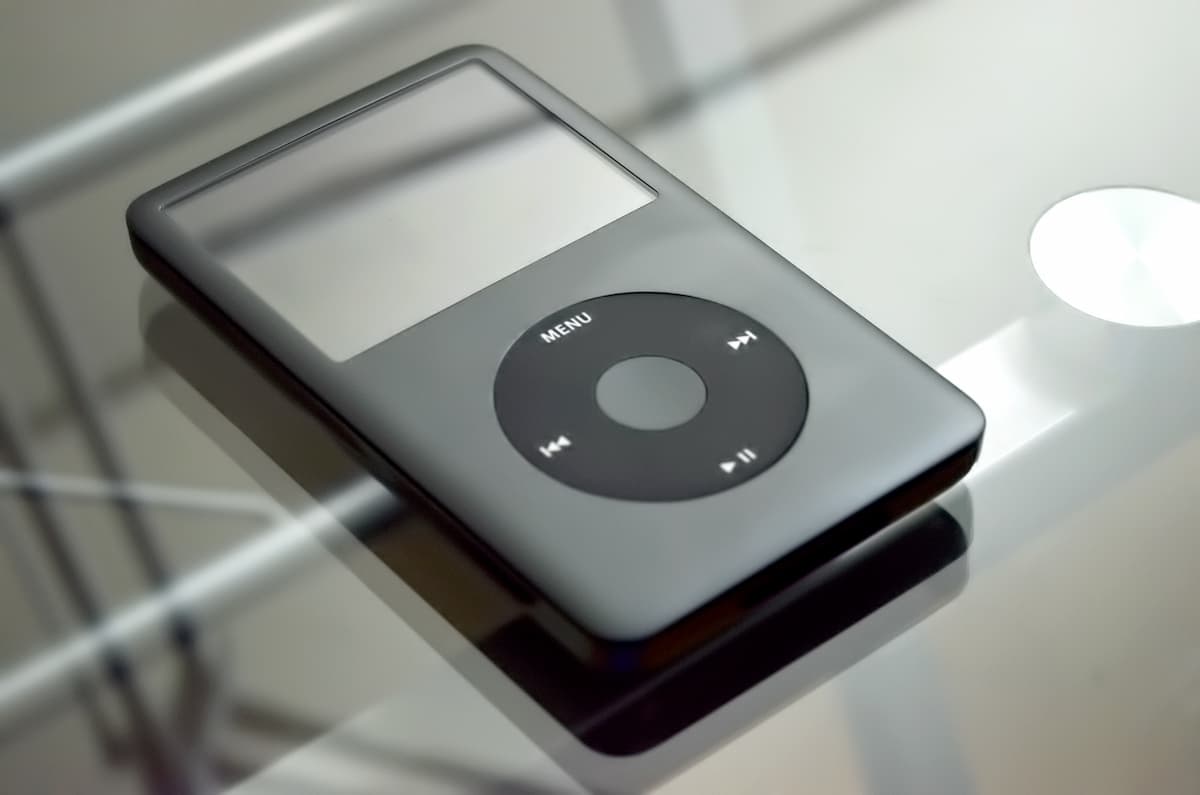23 October is set aside yearly to celebrate National iPod Day. In this article, we’ll give you a comprehensive look at National iPod Day, why it’s celebrated, and why you should mark the day on your calendar.
Join our Spotcovery Global Black Community Facebook Group for early access to exclusive content and to share in a lively discussion.
Become an insider. Subscribe to our newsletter for more top trending stories like this!
Overview of Music Listening and Storage Progression
Black people will agree that the change in music listening experience has been rapid over the years. It all started with cassettes, moved on to CDs, then to Walkman, and gravitated toward the iPod.
Now, you get to stream all your favorite music from streaming platforms, including Spotify, Amazon Music, Google Play Music, and SoundCloud.
In all of this rapid progression, the iPod experience stands out. The creation of the iPod marked the beginning of music streaming. It changed the way we store and listen to music.
Steve Jobs wasn’t pleased with the clunky and big size of MP3 players of the 1990s. This led him to think of ways to make music storing and listening fun and exciting.
In the late 1990s, he developed the idea of the iPod and hired Anthony Michael Fadell to work on the dream and bring it to reality. Before the end of 2001, Anthony had finished building the first-ever iPod.
On October 23, Apple launched the iPod. Then, on November 10, 2001, the first batch of 5GB hard-drive-based iPod products were sold. They were sold for $399 with a simple promise of having “1,000 songs in your pocket.” Finally, in 2002, Apple released a second iPod with an enhanced 10GB memory that sold for $499.
People Also Read: Food Security: International Day of Awareness of Food Loss and Waste (IDAFLW)
National iPod Day Celebration
Every October 23, music and tech lovers,black descendants and other ethnic groups across the United States celebrate the iPod device for transforming how we store and listen to music. Although it’s unclear who started the celebration, it has become popular among the United States residents.
Become an insider. Subscribe to our newsletter for more top trending stories like this!
It’s a day people honor the iPod and its impact on human lives and the world of music. Even with technological advancement, the iPod still represents a period in history when music was more tangible and personal.
So, the iconic music device is worth celebrating. The good thing is that the iPod is still very much available. You can buy one on Amazon for as low as $99.
How to Mark National iPod Day
There are many ways that you can observe National iPod Day. Here are the two main ways to celebrate it:
- Share a throwback picture: You can celebrate this day by sharing a throwback picture of you using an iPod. When sharing the throwback picture on social media, don’t forget to use the hashtag #NationaliPodDay.
- Revisit the first black musicians’ playlist you created the day you unboxed your first iPod: It’s time to bring back memories. Go on a long walk or drive playing that first playlist. This will help you appreciate the miracle of the iPod and the joy it brought into our lives.
Despite having many streaming platforms that make listening to millions of music on the go possible, the impact of the iPod can’t be forgotten. So, you can show some love to the iconic music device on the 23 October by sharing a throwback picture, revisiting your old playlist, or even buying an iPod from Amazon.
People Also Read: 5 Fantastic Ways to Celebrate the World Animal Day
Nearly 80% of consumers visit directories with reviews to find a local business. List your business for free in our exclusive Spotcovery Black-Owned Business Directory.
Spotcovery offers unique and fresh daily content on Black culture, lifestyle, and experiences. We talk about everything black, black people, black-owned and black-owned businesses. We also deliver authentic and relevant content that will inform, inspire, and empower you! The future of black media is critical to today’s black experience! Our primary audience includes African Americans, Africans, Afro-Caribbean, and people of African heritage. Black culture is for the culture!
Become an insider. Subscribe to our newsletter for more top trending stories like this!





